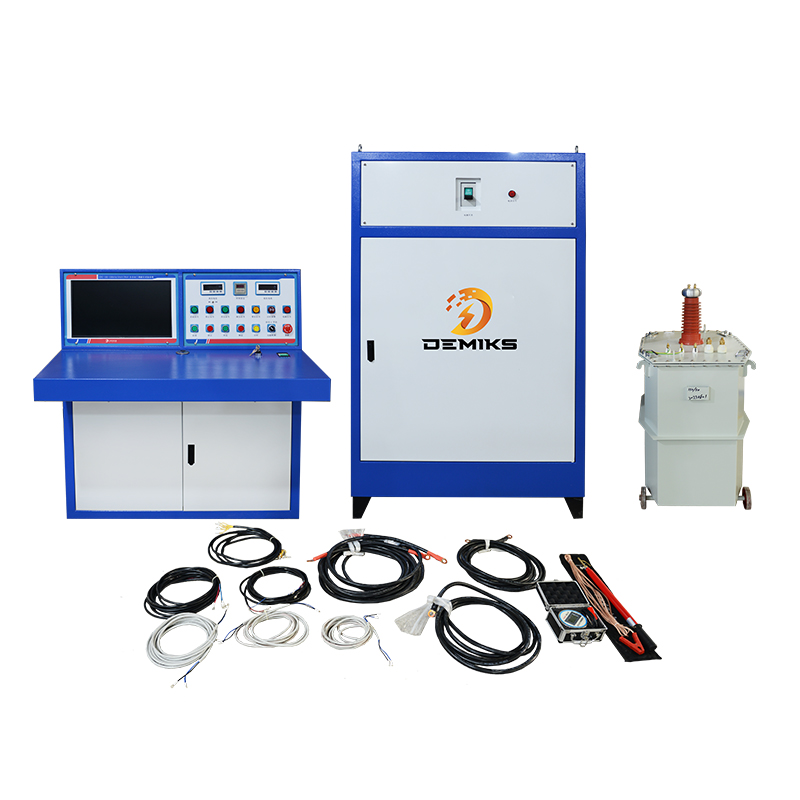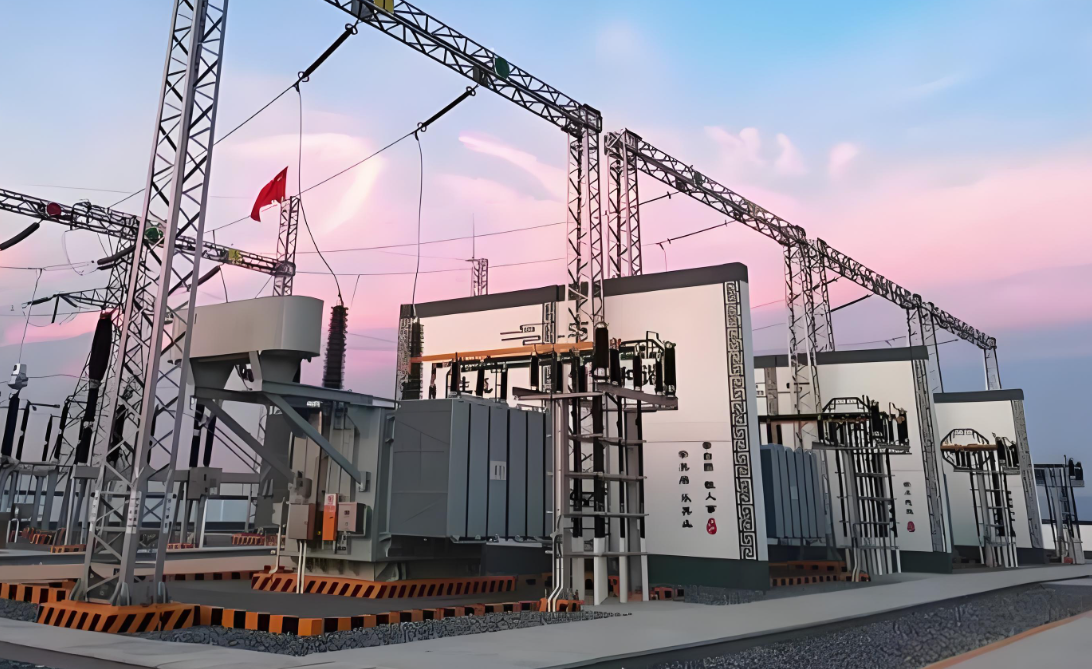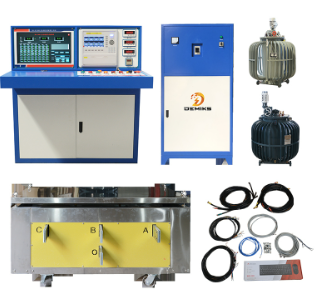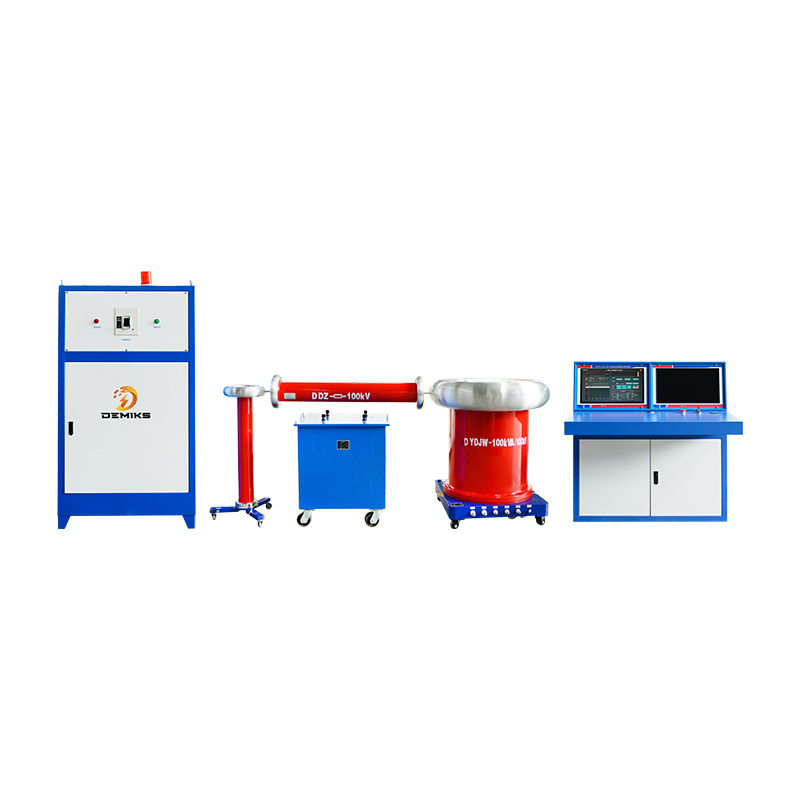Types and main functions of substation capacitor banks
A capacitor bank in substation equipment is a collection of capacitors connected together to improve power quality, enhance voltage stability and reduce losses in the power system. It is used for reactive power compensation and helps maintain system efficiency and reliability.
Key Functions of a Capacitor Bank in a Substation:
Power Factor Correction
Compensates for lagging reactive power (kVAR) caused by inductive loads (motors, transformers).
Improves power factor, reducing penalties from utilities and increasing system capacity.
Voltage Regulation
Helps maintain stable voltage levels by supplying reactive power when demand increases.
Reduction of Transmission Losses
Lower reactive power flow reduces I2R losses in cables and transformers.
Enhancing System Capacity
Frees up capacity in transformers and cables by reducing reactive power burden.
Types of Capacitor Banks:
Fixed Capacitor Banks
Always connected to the system (used in stable load conditions).
Switched/Controlled Capacitor Banks
Automatically switched ON/OFF based on load demand (using relays or PLCs).
Can be thyristor-switched (TSC) for fast response.
Harmonic Filter Banks
Designed to mitigate harmonics while providing reactive power.
Components of a Capacitor Bank:
Capacitor Units (usually oil or dry-type, rated in kVAR).
Switching Devices (circuit breakers, contactors, or thyristors).
Protection Devices (fuses, overcurrent relays, unbalance protection).
Discharge Resistors (to safely discharge stored energy after disconnection).
Control Panel (for automatic switching based on power factor or voltage).
Placement in a Substation:
At the LV/MV Bus (for power factor correction at distribution level).
Near Large Inductive Loads (e.g., motors, transformers).
Transmission Substations (for voltage support in long transmission lines).
Advantages:
✔ Improves energy efficiency.
✔ Reduces electricity costs (avoids low power factor penalties).
✔ Enhances voltage stability.
✔ Increases system capacity without upgrading infrastructure.
Disadvantages:
❌ Can cause overvoltage if not properly controlled.
❌ Risk of resonance with system inductance (requires harmonic analysis).
❌ Requires maintenance (capacitor degradation over time).
Conclusion:
Capacitor banks are essential in substations for reactive power management, ensuring efficient and stable power system operation. Proper sizing, placement, and control are crucial to avoid issues like overvoltage or harmonic distortion.
The above content is published by demiks, please specify, demiks is a substation equipment manufacturer, specializing in the production of high-voltage tester, transformer test equipment, circuit breaker test equipment, relay tester, SF6 gas analyser, cable fault tester and other products, if you have power test testing needs, please feel free to contact demiks power science and technology limited company or send an email! Give us: contact@demikspower.com
 Relay Protection Testing and Commissioning Gu
Relay Protection Testing and Commissioning Gu
 how to test microwave transformer
how to test microwave transformer
 how to reset circuit breaker with test button
how to reset circuit breaker with test button
 high voltage cable testing standards
high voltage cable testing standards




